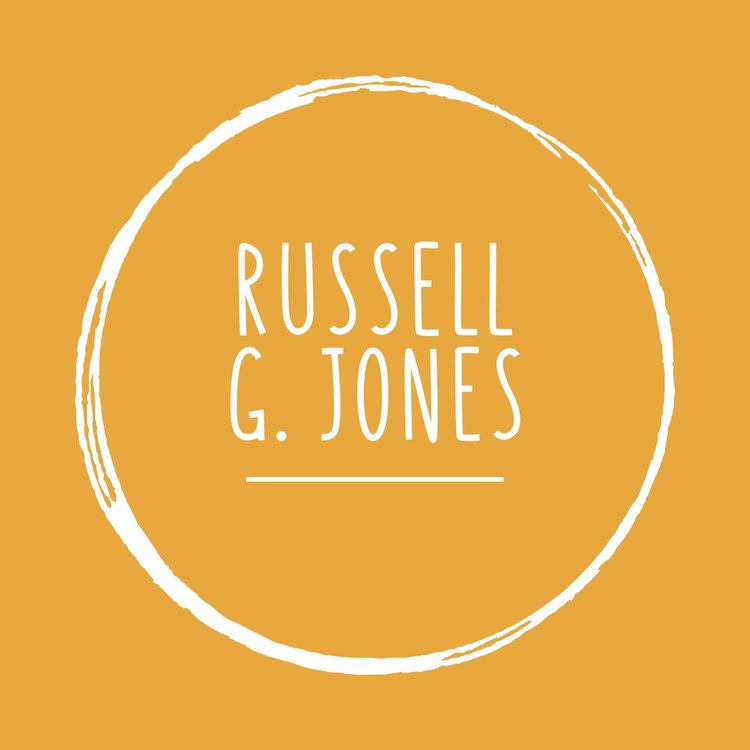Why are so many people talking about equitable representations of race in theater, film and television?
“My role is not just artist. It’s also activist because of the way I look. On so many shows and movies, race was a gesture, and in mine it’s the premise. I can’t ignore that what a lot of people see is an Indian woman who doesn’t look like a Bollywood star. It piques their interest, and they’re not bad for wanting me to tell stories about it, and I’m not wrong for not wanting to.”
“Race is not like a thing you opt into as a conversation. I think everyone is always writing about race. It’s like a matrix or a system of values that we all operate in and live inside of every day but, for some reason for artists of colour, we get labelled as writing about race when actually, if you look at every classic American play, they’re basically all about the idea of race and relation and an evolution of culture, otherness and how we deal with it.”
“I don’t care what you see when you see me.”
— Ari, 17 Whiteness Project Intersection of I, 2015
“After the last Academy Awards and the regular whitewashing of hollywood roles, I wrote this song and made this video to add my piece to the conversation.”
“Because theatre has a white privilege and elitism problem. There is an environment that is fostering this kind of behavior. Our collective institutions—artistic staff, marketing departments, etc.—are placating the older white audiences, and are afraid to challenge them, or even educate them.”
“There are no shows for me to do. There’s just no roles. You know, especially when you look at an Aaron Burr — you look at the complexity, the humanity in this part. There’s no [comparable] parts for me to play, right?”
“It’s never good when bad movies are upheld as among the best—but it’s even worse when the distribution of honors is discriminatory and thwarts not only the most talented artists individually but the entire creative environment that would yield the next generation’s innovators.”








